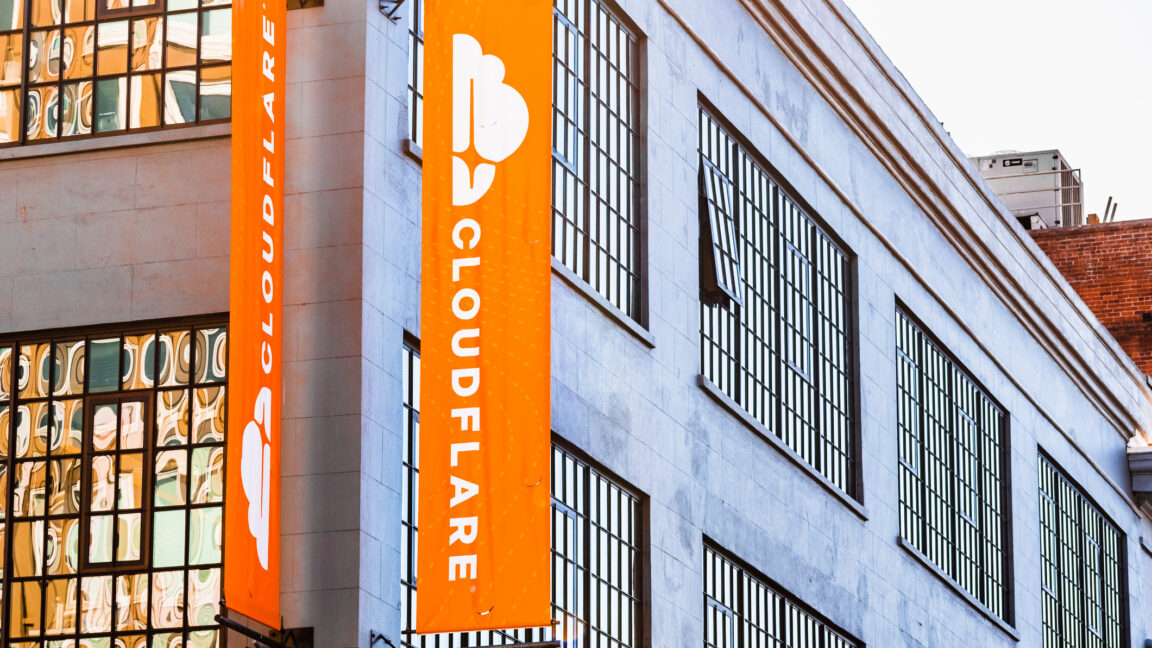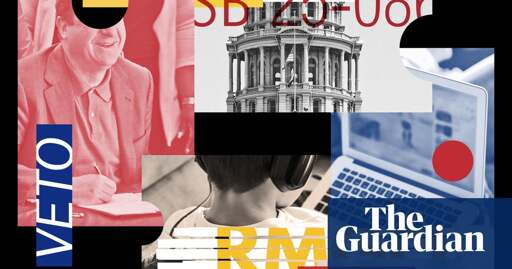SpaceX's Starship blows up ahead of 10th test flight
-
Is LOX and methane really that bad?
I was thinking hydrazine. I don't know what this rocket was using.
-
It's not perfect, but capitalism is the best system we've got. It is only through competition on the free market that we would arrive at a space program this efficient and innovative. Imagine if the government tried to do this! They would've blown up a 100 rockets by now with nothing to show for it, and it would've cost tax payers billions of dollars. The innovation of SpaceX is humanity at it's finest. For thousands of years we've looked up at the sky, and wondered what's there, and now, thanks to the engineering chops of Elon Musk, it is within our grasp. Imagine that, sending a person to space. Maybe someday we'll even be able to put someone on the moon!
NGL got me in the first part

-
I would ride a Honda rocket a hundred times before ever setting foot on anything developed by SpaceX
I imagine riding a rocket like final boss fight in Just Cause 2.
-
Ive only ever heard from third parties that spaceX sucks to work for because they way over work you. Idk if thats actually true. But this kind of thing makes me wonder…
That's the genious behind musk, overwork people 10%, gain 10%!!!!
-
This post did not contain any content.
Whoop whoop! I hope it caused a lot of damage.
-
What space race?
NASA us working on a shoestring budget and managed to run some very successful missions. The Artemis Program is/was very succesful, and what does NASA get?
Budget cuts. Money diverted to SpaceX who, under Elon, has yet to do a single succesful mission (the Dragon capsule and reusable rockets were both projects that Elon bought. Starship is the first project that Elon directed).
Are you out of your mind? SpaceX didn't buy a single thing, they developed and tested existing ideas (the reusability at least). I mean the guy is a total douche and Nazi but why spread these lies about SpaceX? I agree though that America's future in space shouldn't rely on SpaceX due to their affinity to a Nazi, and more funding should be given to NASA and other commercial endeavours
This forum seems like Reddit sometimes but on the other end of the political spectrum
-
At this point I'd expect some brain leak from SpaceX. For some, no amount of money is enough to continue to work for a company associated to that toxic twat.
They don't pay that well.
-
I was thinking hydrazine. I don't know what this rocket was using.
-
Such a remarkable achievement! We should put capitalists on the Starship ASAP so they can enjoy the fruits of "their" labor!
this but unironically. send all the billionaires to mars!
-
We shouldn’t be building rockets PERIOD. They cost too much and are eventually only going to serve trillionaires.
FIX SHIT ON THE GROUND FIRST
That said,
They did a test from 300 meters, sure it’s cool but I think they have a LONG way to go before they are competetive.
the thing is, when you build rockets, and they actually work, and put people on mars, you can reasonably demand that people who demand exponential growth actually go to mars, because earth is already full. this way, you can get rid of the billionaires.
-
This post did not contain any content.
“Look at what I can do” -Elon musk while throwing a Nazi salute
-
Neither is doing elephant sized doses of Ketamine
I didn't say he isn't stupid. 🫣

-
I hate the guy's guts as much as anybody else, but he has kickstarted a space race, and an EV market. Credit where it's due.
And yeah I know, rich daddy, no inventions, all evolutionary, etc. But here we are.
Give credit to his employees he's done nothing.
-
Are you out of your mind? SpaceX didn't buy a single thing, they developed and tested existing ideas (the reusability at least). I mean the guy is a total douche and Nazi but why spread these lies about SpaceX? I agree though that America's future in space shouldn't rely on SpaceX due to their affinity to a Nazi, and more funding should be given to NASA and other commercial endeavours
This forum seems like Reddit sometimes but on the other end of the political spectrum
The US should not rely on private companies for stuff. It's just insane to think it has come to America begging a person for global internet and to get into Space.
-
This post did not contain any content.
The next explosion will occur on the assembly line. Now I call that progress!
-
I imagine riding a rocket like final boss fight in Just Cause 2.
I imagine it more like Dr. Strangelove

-
It's less that people are putting faith in Elon (sure, some fanatics might be), but it's that everyone else is somehow even worse.
SpaceX is actually getting stuff to space, despite their prototypes blowing up. Hell, even if this Starship thing is a complete failure and never works, their existing rocket, the Falcon, is still far beyond any of the competition.
The SLS: $10 Billion and a decade late to develop a ship that recycles old Space shuttle parts, then costs $2-3 Billion per launch, and maybe can only launch one every 2 years.
ULA Vulcan: currently years late, still finding problems, and even after all that gets worked out, it can maybe do 6 launches a year?
SpaceX: 1-2 launches per week.
That's not faith, that's just facts. I would absolutely love to have somebody else step up and take SpaceX's crown, but... there really isn't anybody. Bezos's Blue Origin may have the biggest chance, but they are more likely to act like ULA than SpaceX.
Let my try and distill that. SpaceX is capable of doing some good work, when Elon leaves them alone.
Remember, Starship is Elon's napkin drawing idea of making a big cheap steel tube. Bigger and bader than everyone else! For a mission that doesn't exist, which it's not even designed properly for. Starship is 100% Elon's blunder and he's made so many insane promises for it that it's dragging SpaceX down.
Starship is SpaceX's Cybertruck.
-
reached an altitude of 890 feet
Kids science projects make reusable rockets that go higher.
It's a test flight. Going higher was likely not the goal.
-
It’s not a big deal when you’re blowing up someone else’s money with no real accountability.
I mean... its a big deal if you're anywhere near the launchpad. Or, in or around South Padre Island.
Also can't help but notice that Starbase, Texas is practically hugging the US/Mexico border. Almost as though Abbott didn't want this shit landing in his own backyard when it failed.
-
I mean... its a big deal if you're anywhere near the launchpad. Or, in or around South Padre Island.
Also can't help but notice that Starbase, Texas is practically hugging the US/Mexico border. Almost as though Abbott didn't want this shit landing in his own backyard when it failed.
It also helps to be as far south as possible. You get to use more momentum to help get orbit, if I understand it correctly.
IIRC, that’s why NASA launches from Florida. That and the coast making launch failures safer.
(But I am not a physicist.)









